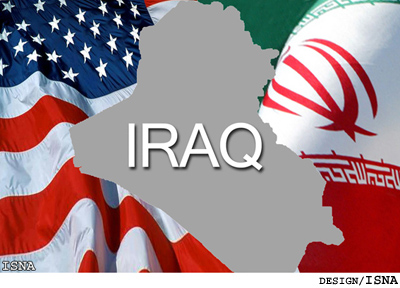A series of Iranian officials repeated on Friday that Tehran will not work with the US to resolve the crisis in Iraq.
The Supreme Leader’s representative in the Islamic Revolutionary Guards Corps, General Yadollah Javani, claimed that the “Islamic State of Iraq and as-Sham is a construct of Western, European, and regional countries with a specific goal to create crises in countries like Syria and Iraq”.
See also Iraq Video Analysis: Will There Be US-Iran Cooperation?
As the Supreme Leader has stated, the main enemies of this nation and revolution are the Americans and the Zionists….They will receive a crushing response the day they lay their hands on the Islamic Republic.
The Friday Prayer Leader in Qom, Ayatollah Hashem Hosseini Bushehri, explained, “We believe that America is the head of all seditions and such cooperation will not be possible.”
The Rouhani Government, which initially put out an invitation for cooperation with Washington through unnamed senior officials, continued its retreat before the backlash.
Rouhani’s Chief of Staff, Mohammad Nahavandian, told reporters in Norway that the US has so far adopted no serious measure to counter “terrorism” in Iraq.
Deputy Foreign Minister Hossein Amir Abdollahian echoed, “Obama’s recent remarks showed that the White House lacks serious will for confronting terrorism in Iraq and the region.”
However, the most significant rejection has come from the Supreme Leader’s top advisor on foreign policy, Ali Abkar Velayati.
Velayati, a former Foreign Minister, did not recycle the accusations of US support for Iraqi insurgents — indeed, he acknowledged, “Both countries support (Iraqi Prime Minister) Maleki and also the independence and territorial integrity of Iraq….Both countries seek an Iraq free of extremism.”
But that only put his rebuff of Washington into stark relief: “I do not see an outlook for cooperation between these countries, because, in our assessments, (the US) seek a sort of dominance in Iraq and in some other important and oil-rich countries in the region.”

